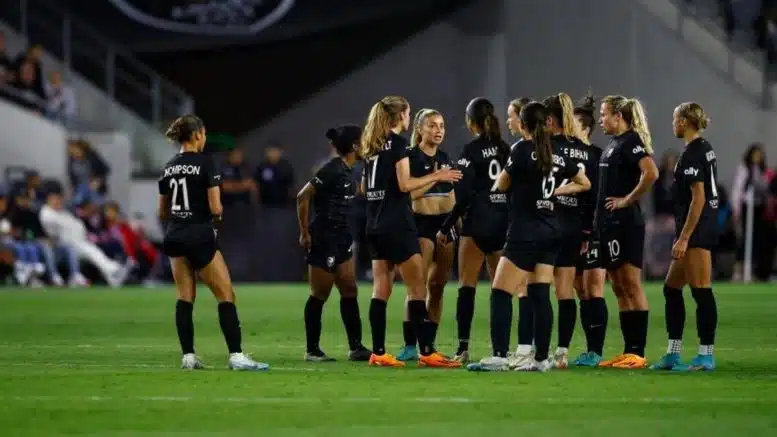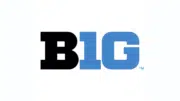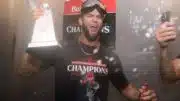As the bloodshed in Israel and Gaza ramps up, the NWSL’s Angel City FC is taking heat for announcing steps to quell any shows of support for either side ahead of today’s match with Portland FC, issuing a statement saying that fans may only bring banners related to either team into the stadium:
That means, specifically, no political banners.
The announcement spurred fans on X (formerly Twitter) to immediately accuse Angel FC of seeking to prevent pro-Palestine demonstrations in the stands, which some fans found hypocritical, given ACFC’s stated commitment to equity, which their website says means “breaking down barriers to resources, information, and opportunities for groups who have been marginalized.”
ACFC was already under fire from fans for issuing a statement that some felt evidenced support and empathy for Israeli victims of Hamas’ attacks and kidnappings without similarly acknowledging the devastation and loss of life among Palestinians trapped in Gaza as the Israeli military appears to prepare for a ground assault.
The Gaza Health Ministry says 2,450 Palestinians have been killed and 9,200 wounded since the fighting began. Meanwhile, hospitals in Gaza have been overrun with the wounded, and residents are struggling to find water, food, and shelter as Israel’s air attack in Gaza continues. On the other side of the border, more than 1,300 Israelis have been killed, while approximately 150 others, including children, have been kidnapped, and taken to Gaza by Hamas. It’s the worst loss of life for both Israelis and Palestinians in decades.
The problem, of course, is that the situation in the Middle East is far too complex to sum up in a single social media post, especially one that is clearly striving to be aesthetically pleasing enough to work on platforms like Twitter, and Instagram. Disallowing banners and signs not related to the game only after pro-Palestinian ramp-up around the US and the world (and specifically in Los Angeles) reeks of censorship based on the subject matter, even if the team is attempting to support “all innocent people in the region.” After all, ACFC played the day following Hamas’ coordinated attack on October 7, but there was no statement banning pro-Israeli banners. Or, at least, none posted to social media.
Soccer, especially across the pond, has a long history of hosting political protests by fans, and players. Uruguay boycotted the entire World Cup 1934. Africa in 1966. The Soviet Union refused to play Chile in 1974 to protest Chilean dictator Augusto Pinochet. In 2016, UEFA was forced to re-examine its rules about fans making political statements after Barcelona fans held up flags supporting Catalonian independence. In England, EPL fans have repeatedly protested ownership both inside and outside stadiums. Players, including the USWNT’s most beloved player, Megan Rapinoe, have protested a variety of issues on the field, including racism, homophobia, and police brutality. Drawing the line at Israel-Palestine seems short-sighted and antithetical to everything ACFC says it represents.
Professional sports are not now, nor have they ever been, solely about sports. Sports have always been political. Sports is how Americans work through their feelings on much bigger issues in our society. Just ask Mohammed Ali, Billie Jean King, the Atlanta Dream, or Carl Nassib. And while I certainly understand the desire and obligation to make sure that everyone who attends today’s match is safe, not allowing fans to express their feelings on things that matter to them feels wrong, especially when the online discourse about the bloodshed in and around Gaza is so reductionist. Denounce Palestine or you’re antisemitic. Acknowledge the suffering in Palestine or you’re a fascist. Think you don’t know enough to weigh in? You don’t care about anything but yourself — go back to watching the Kardashians, you selfish jerk. Feel both condemnation and empathy for both sides? You’re part of the problem with the world. Pick. A. Side.
I don’t know the answer here, and I would never presume to think I know enough about the Middle East to “issue a statement,” as one rando on Twitter keeps demanding I do. But I do know that it’s not something that can be summed up in 280 characters (because there is no way I’m giving Elon Musk $8 a month), nor does it get any less complicated by telling people when and where they can express their feelings about it. All that does is foster resentment and anger. Like many in journalism, I believe sunshine is the best disinfectant, I believe the only way out is through, and I believe in the marketplace of ideas. I believe people need as much accurate information on any given topic. And I believe sports have a role to play in political discourse, even if it’s only an awareness that there is another side to the discussion.
Don’t start drawing lines in the sand now. Let the banners in.
Original source here
#Angel #City #facing #backlash #stick #sports #rule #fan #banners





